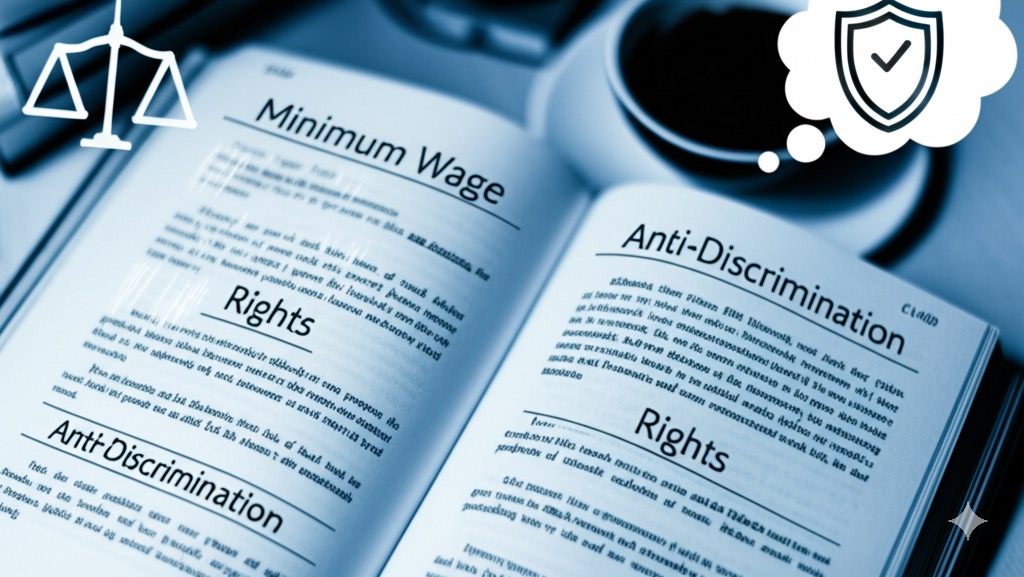Gig Workers - Know Your Rights Before You HIT "Accept"
Welcome to the gig economy—where every day feels like you’re juggling flaming swords while riding a unicycle. You’re technically “your own boss,” but somehow still at the mercy of an algorithm telling you where to go next.
Whether you’re hustling for Uber, dashing with Deliveroo, or freelancing on Upwork, here’s the tea: just because you’re gigging doesn’t mean you gave up your rights at the app store.
Self-Employed? Worker? Employee? It’s Not Just Semantics
Your label matters—and we’re not talking about your IG bio. In legal terms, being called “self-employed” might strip you of benefits, but recent court cases are flipping the script. The UK Supreme Court told Uber, “Nope, your drivers aren’t just ‘independent contractors,’ they’re workers.” That means minimum wage, paid holidays, and the right to sleep at night without worrying about exploitation.
The Gig Economy’s Grey Zone
Gig platforms often play the “we’re just a middleman” card, but if they control when you work, how you work, and even tell you how to dress (hi, branded jackets 👋), chances are you’re legally closer to a worker than a free agent. Translation: you may be entitled to more protections than you thought.
Your Legal Power-Ups
🟢 Minimum Wage Guarantee – If you’re classified as a worker, your earnings must hit at least the National Minimum or Living Wage. No loopholes, no shady contracts.
🟢 Paid Holidays – Yes, even hustlers deserve time off. Workers are entitled to 28 days of paid holiday a year. Self-employed? Sorry, your beach days are BYO wallet.
🟢 Break Time – Over six hours in the gig trenches? You’re entitled to a 20-minute unpaid break (but at least you get to stretch your legs or grab a much-needed coffee ☕).
🟢 Anti-Discrimination Shield – Whether you’re applying for gigs or out in the field, the law has your back against discrimination based on age, race, gender, or any protected characteristic.
Written Terms or It Didn’t Happen
Since April 2020, gig workers classified as “workers” must receive a written statement of terms on (or before) their first day. It spells out your pay, hours, and working conditions. Pro tip: if your terms mention £3 an hour—run, don’t walk. That’s illegal.
Level Up: Protect Yourself
The gig economy isn’t going anywhere, but you can make sure you’re not being short-changed. Know your classification, read your contract, and if you’re in doubt, challenge it. Courts are catching on, and the law is starting to favor gig workers who call out dodgy practices.
So next time you’re swiping through gigs, remember: flexibility shouldn’t mean fragility.
👉 For more in-depth info, check out the official resources at London.gov Employment Rights Hub.
